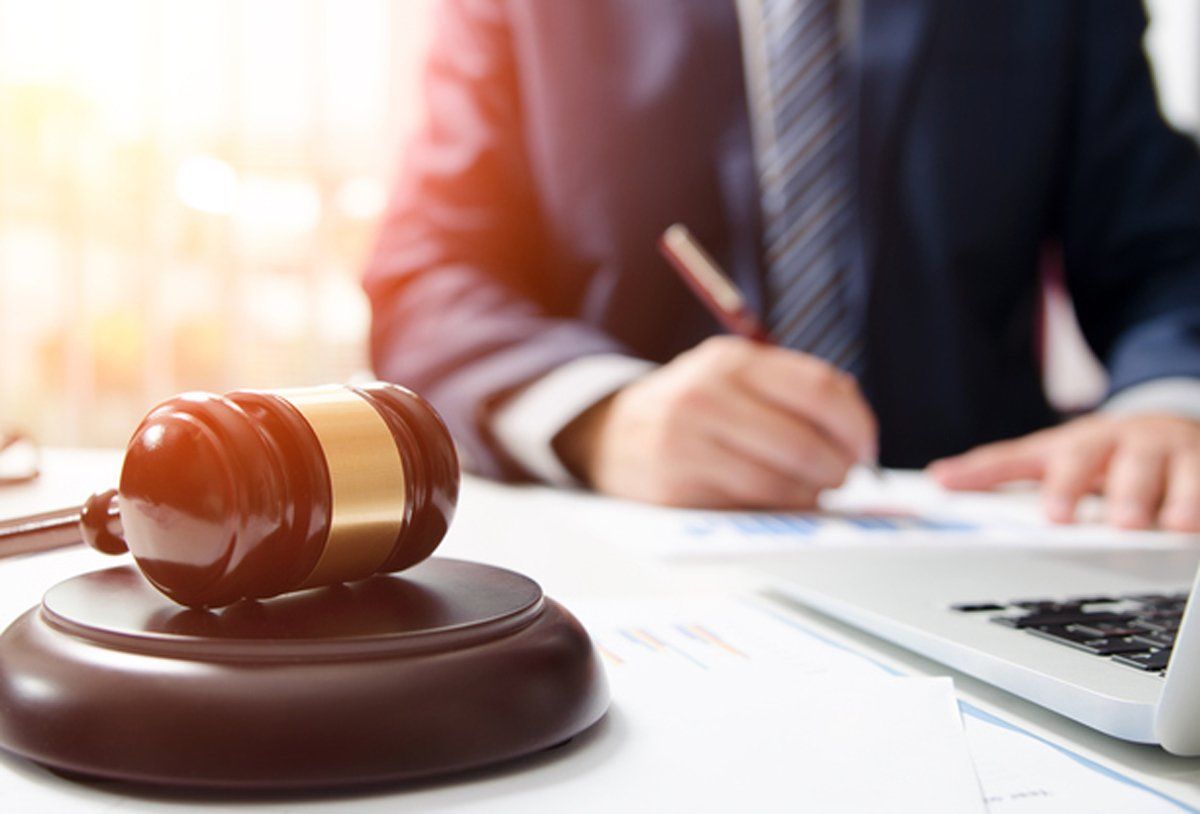Bankruptcy
Get Out of Debt Safely by Filing Bankruptcy With Attorney Douglas Engell
Bankruptcy is a legal proceeding that allows people who are experiencing financial difficulties to eliminate their debts and rebuild their credit. When you have retained me as your lawyer, you can refer all creditors to me. Once you file for bankruptcy, all collection activity has to stop, which means no more harassing phone calls and letters.
Bankruptcy can:
- Act as a fresh start for your financial future. Credit companies will see you as a good credit risk since you won't be able to re-file within the next eight years;
- Stop creditor harassment;
- Prevent foreclosure and repossession;
- Prevent a judgment or a lien from being placed on your property;
- Stop your wages from being garnisheed.
What is Chapter 13? – Debt Consolidation or Lowered Payments
In a Chapter 13, you are able to set up a monthly payment plan that allows you to pay off your arrears incurred on your mortgage and other secure loans over 30-60 months. Any unsecured debts will be eliminated at the end of the payment plan. Chapter 13 is good when your income greatly exceeds your monthly expenses, and it has less of a negative effect on your credit rating than a Chapter 7. The amount required to pay your Chapter 13 plan depends on the outstanding delinquent payments on secured debt, the amount of secured or priority debts that you want to pay, and your personal ability to pay your debts based on your individual budget.
A Chapter 13 can stop the foreclosure of a residence or repossession of a vehicle by allowing you to pay any mortgage arrears or delinquent car payments over a three- to five-year period.
A Chapter 13 allows you to pay delinquent income taxes and back due child support over a three- to five-year period and in most situations prohibits wage garnishment.
A Chapter 13 allows you to pay either a portion or nothing at all on any unsecured debts. These debts include those resulting from credits cards, medical bills, payday loans, personal loans, judgments, and repossession deficiencies. Any amount remaining at the end of the three- to five-year period will be wiped out upon the discharge of your case.
What is Chapter 7? – Start Fresh With No Debt
In a Chapter 7, your unsecured debts are completely eliminated, allowing you to reorganize your finances, liquidate your debt, and achieve a fresh start. This process usually takes four-five months. As long as your housing and car payments are current, you are not at risk for losing those items. You will continue to pay those items directly if you chose to keep them.
DEBTS YOU CAN ELIMINATE BY FILING
- Credit card bills
- Payday loans, signature loans
- Unpaid utility bills
- Medical bills
- Judgments
- Deficiencies caused by repossession or surrender
- Personal loans, lines of credit
- Certain tax claims
DEBTS YOU CANNOT ELIMINATE BY FILING
- Certain tax claims
- Debts for spousal or child support
- Debts for willful and malicious injuries to persons or property
- Debts for federally funded student loans
What is the difference in Chapter 7 and Chapter 13? Which type of bankruptcy can I file?
Find out that information and more on bankruptcy filing
on our FAQs page.
Quick
Links
Contact Info
Phone: (601) 693-6311
Fax: (601) 693-6399
Email: info@dougengell.com
Physical address: 6171 Dale Dr., Marion, MS 39342
Mailing address: P.O. Box 309, Marion, MS 39342
Hours of Operation:
- Mon - Fri
- -
- Sat - Sun
- Closed
Our
Location
Content, including images, displayed on this website is protected by copyright laws. Downloading, republication, retransmission or reproduction of content on this website is strictly prohibited. Terms of Use
| Privacy Policy


